Resources
Our library of advice and information to help you train your dog to become a wonderful, well-mannered member of the family.
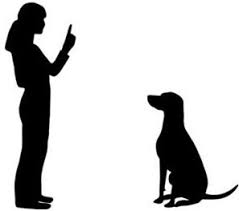
Puppy Basics

Keeping Children Safe

Curbing Prey Drive

Paw Planet Travel Directory

Pet Emergency Planning

Growls Are Good!

How to stop dogs jumping

Summer Sense

Where to walk your dog

Prevent Separation Anxiety

Dog Health

Gaining Your Dog's Respect

Lost And Founds Pets
Puppy Basics
These free guides from renowned veterinarian, animal behaviourist and dog trainer Ian Dunbar will help you navigate the early years with your dog.
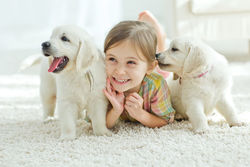
Growls are good!
Let’s say, for example, a dog is not fond of children. A child approaches and the dog growls — their attempt to let us (and the child) know that the child's presence is stressful to them. We jerk on his leash and tell them to knock it off. They snap at us in response to the jerk, so we punish them harder, until they stop fighting and submit. The end result is a dog who isn’t any happier about being around small children, and who has now learned that it isn’t safe to growl.
This dog is now more likely to bite a child next time they see one, rather than growling to warn them away, since they have learned that their growling makes their handler unreasonably aggressive. We may have suppressed the growl, but we haven’t helped our dog feel any better about being around kids! A growl is a good thing. It tells us that our dog is nearing his 'bite threshold', and gives us the opportunity to identify and remove the stressor. Snarls and air-snaps are two steps closer to the threshold – our dog’s last ditch attempts to warn off the stressor before they commits the ultimate offense: The actual bite.
Reproduced from Whole Dog Journal
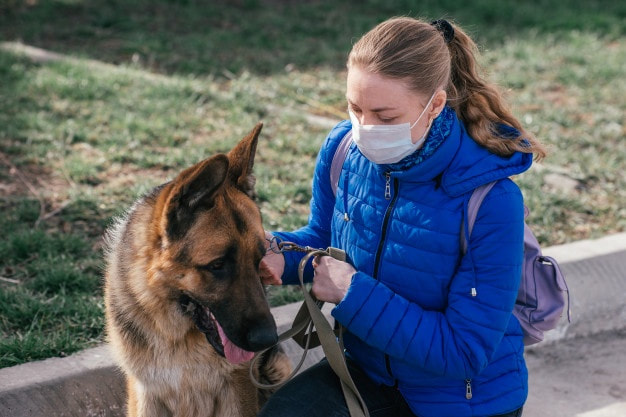
Prevent separation anxiety
With lots of people working from home these days we are spending a lot more time with our pets. This can be great for you and your dog, with lots of extra time to exercise, train and cuddle together. Unfortunately, a downside to spending all this time with our dogs is that we could create a state of separation anxiety when we do have to be away from them.
This is one of the easiest problems to create and one of the hardest to fix. So now is the best time to remind your dog that they can be calm without you being around...
Start off small, by having your dog spend 5 - 10 minutes on their own in a safe quiet place - a kennel, spare room or even their crate in a quiet room.
Slowly increase the time they spend on their own over the next week or so until you reach at least half the time you are normally away. Have them spend this amount of time on their own every second day.
If your dog gets upset, make this 'alone time' random - 5 mins one morning, 10 minutes in the afternoon then 20 minutes the next morning and only a few minutes the next afternoon, 3 times one day but only once the next, etc.
Top tips:
- Leave your dog with something to do (e.g. toys, treats, stuffed Kongs, an ice block (frozen dog food and water). Try and make it something different each time, otherwise your dog may start to associate that item with being left alone.
- Exercise your dog before their 'alone time' - this will not only drain excess energy, but it will aid the production of endorphins and serotonin which helps dogs feel calm, relaxed and sleepy.
See Mark Vette's thoughts on preventing separation anxiety here.
Keeping children safe around dogs
Most dog-related injuries happen to children in their own home or in the home of a relative or friend and by a dog that they know and have sometimes spent time around before. When a dog is around, children should be supervised at all times because:
- They can unwittingly provoke an attack, for example by trying to take a bone or toy from a dog, frightening it, hugging it too tightly, or being too rough with it.
- Dogs may get excited by games being played and jump on or chase a child.
- Dogs may try to dominate a child because of a child’s small size.
Children should be taught basic safety habits around dogs, with parents and caregivers showing the way. Children learn by example – so be a good role model by setting good dog safety rules with your family and following them yourself.
You can find Internal Affairs' archived resources here.
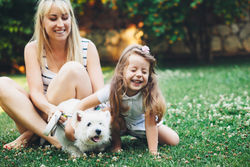
How to stop your dog jumping
A helpful video from Happy Hounds on how to teach your dog not to jump.
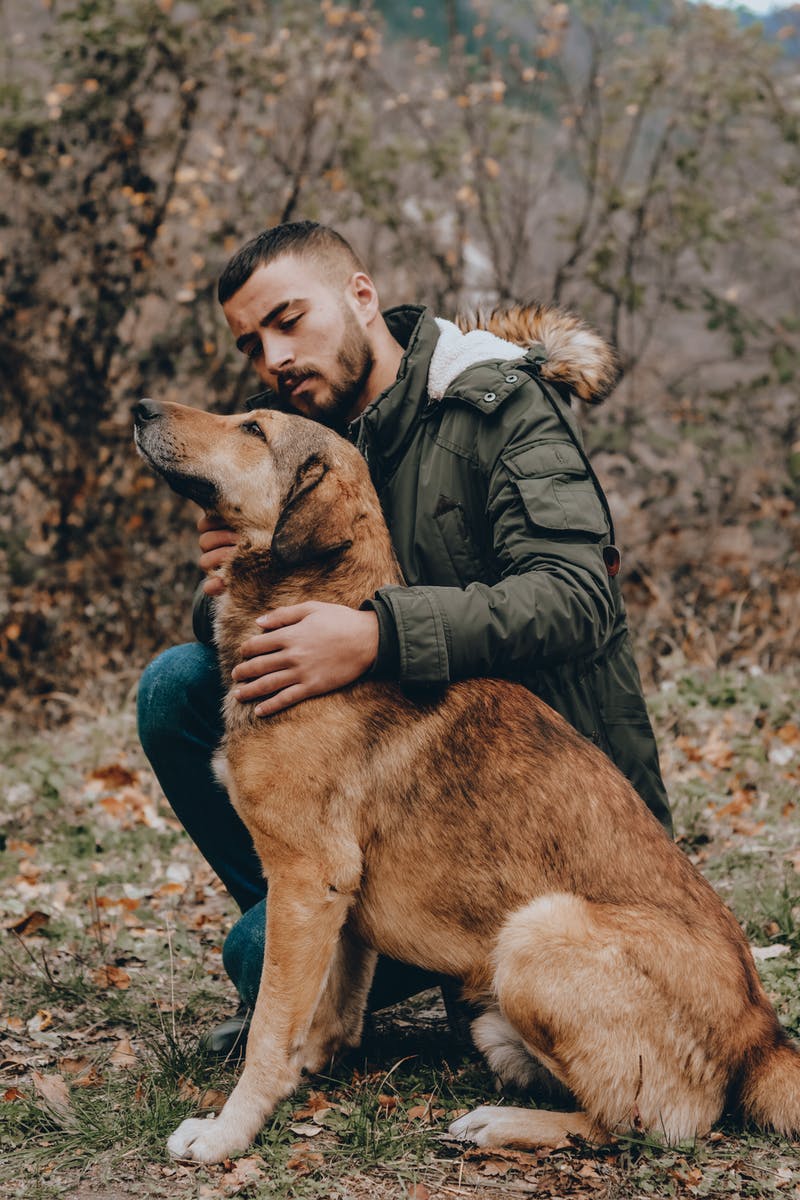
Your dog's health
Our pets sometimes get up to mischief and need a little medical intervention, but an ounce of prevention is better than a pound of cure. Here are some top tips to keep your four legged friend safe and well:
Four Training Tips for Dogs With a High Prey Drive
Prey drive is a predatory instinct deeply rooted in a dog's genetic makeup. It is a complex mix of biological and environmental factors that drives a dog’s hunting behaviour.
While canine prey drive is natural, the human understanding of this instinct is not, especially with breeds known to be on the high end of the spectrum.
To control dogs with high prey drive, Nicole Kohanski of Wiggle Butt Academy suggests that you:
- Spend time on impulse control behaviors like “leave it” and work in increasingly difficult environments over time.
- Provide an “acceptable” outlet for the dog’s prey-chasing behavior so that the need is satiated. Check out these great suggestions from Tuf-E-Nuff.
- Manage the environment to minimise the dog’s exposure to prey.
- Ensure the dog has enough mental enrichment, such as activities like nose work that engage the brain.
Adapted from Whole Dog Journal
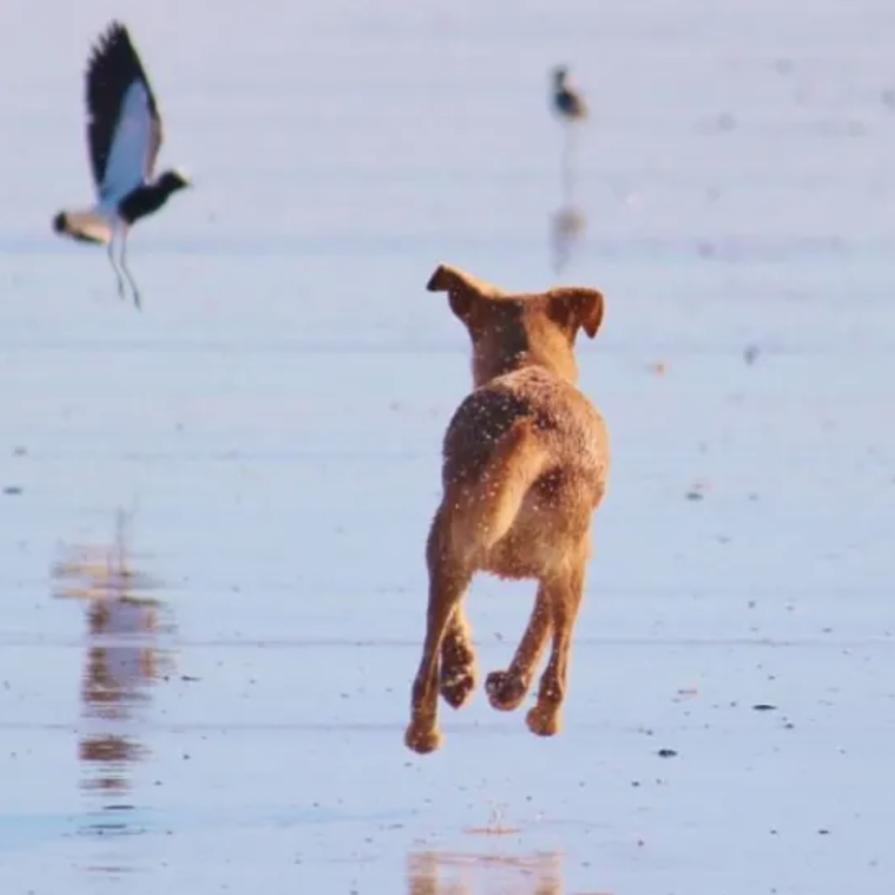
summer sense
We have put together a great guide to your dog's safety and wellbeing during the Summer months . Click on the link below to download, or pick up your copy from our clubhouse.
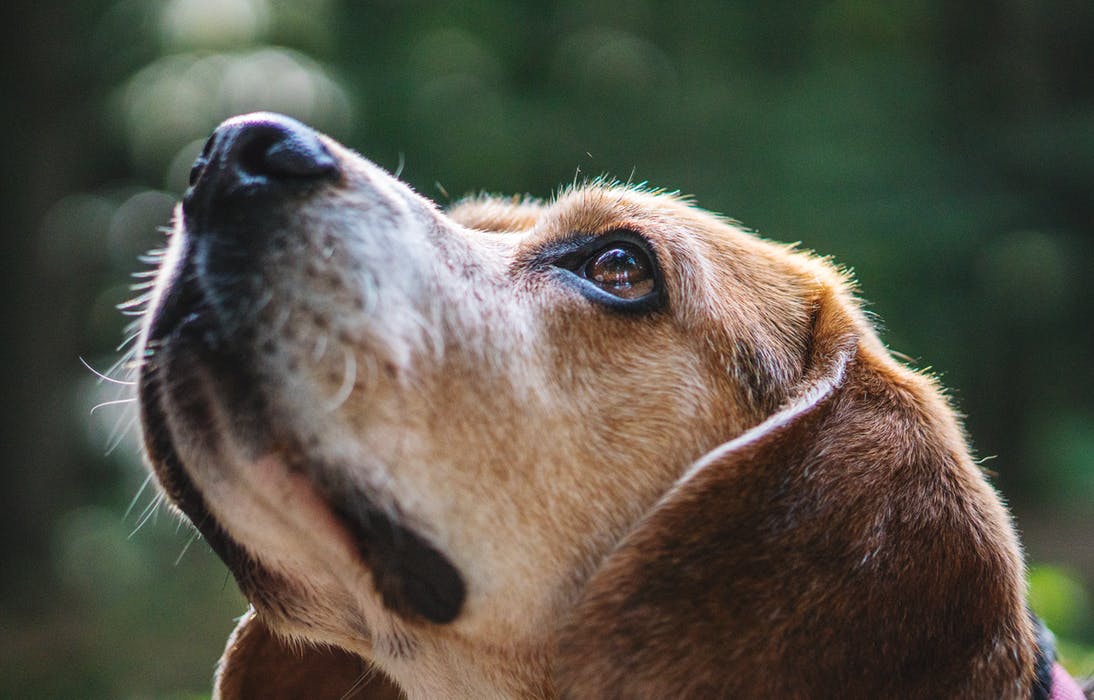
Gaining Your Dog's Respect
Never give your dog a command which you know they will disobey and or that you can not re-enforce. In most situations you are better to say nothing than to yell at or discipline your dog: in most cases the dog is trying to get attention from you and quite often it doesn't matter whether that attention is positive or negative as long as it gets a reaction.
The dog is a social animal; they dislike being ignored. If they don't receive any attention chances are they will do something to get your attention – sometimes good and sometimes bad. You must praise the good behaviour and continue to ignore bad behaviour.
Start as you mean to carry on – don’t let your dog get into the habit of doing something that's OK when they're young but that you don’t want them to do when they're fully grown.
Paw Planet Travel Directory
Where to walk your dog
Lost and Found pets
If you have lost your pet lostpet.co.nz has lots of helpful advice to help you find them. Better yet, it tells you everything you need to do BEFORE you lose your pet to help make it easier to reunite with them; including registering with the NZ Companion Animal Register and facial recognition.
- Microchip your pets and keep your contact details up-to-date.
- Have your dog's name and one or two contact numbers on their collar and keep them updated.
- Take a good photo of your dog for identification purposes.
